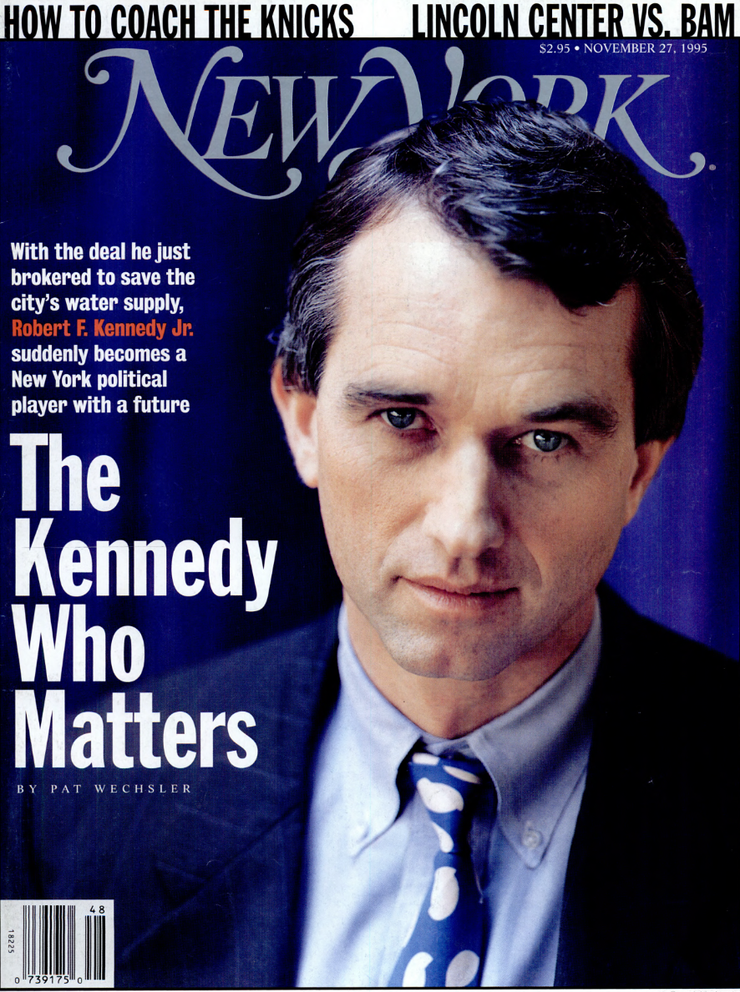The News
Robert F. Kennedy Jr. didn’t run for office before in part because he couldn’t afford it.
That’s what Kennedy told then-New York Attorney General Eliot Spitzer, when Kennedy was considering running to replace him in 2006, Spitzer, the former New York governor, recalled.
In a meeting in Spitzer’s office, Kennedy asked whether he could continue to give paid speeches to outside groups while he was attorney general, Spitzer told Semafor. The would-be candidate explained that his responsibilities to his six children from two marriages had left him with expenses that simply couldn’t be covered by a government salary.
Spitzer, incredulous, told him that there was no way a top law enforcement officer could go around getting paid for speeches. Kennedy didn’t run for office.
In this article:
Know More
While he’s best known for his high-profile role questioning vaccines, he’s kept his hand in a wide range of money-making roles. Kennedy is counsel to the powerhouse personal injury law firm Morgan and Morgan, for which he’s also cut television ads. And, among other roles, he held a position at a firm that advised on investments for a business that is part of a sprawling corruption investigation into Venezuela’s national oil company.
A Kennedy spokeswoman didn’t respond to an inquiry about Spitzer’s recollection.
Ben’s view
Spitzer’s anecdote helps answer one of the great mysteries around Robert F. Kennedy, Jr. why he didn’t run for office during his period as a mainstream Democratic celebrity in the 1990s and early 2000s.
Kennedy’s work cleaning up the Hudson River through the group Riverkeeper seemed almost deliberately crafted for a run at New York State Attorney General, and a move he seriously considered in 2006.
Kennedy’s presidential campaign nearly two decades later comes without much risk that he wins — and in any case, the $400,000 presidential salary is about twice what the New York AG makes.
Notable
- RFK Jr.‘s campaign “represents a significant post-Covid social phenomenon: a coalition of the distrustful that cuts across divisions of right and left,” the New York Times’ Michelle Goldberg writes.
- Rebecca Traister’s New York Magazine portrait of Kennedy is of a damaged, charming opportunist living with the crushing weight of his family name and his own difficult life.


